President Cyril Ramaphosa kicked off his engagements at the World Economic Forum (WEF) Annual Meeting in Davos with a meeting alongside WEF founder and chairman Klaus Schwab. In his special address, Ramaphosa outlined South Africa’s economic priorities and the key objectives of its G20 presidency, emphasizing the significance of this leadership role for both South Africa and the African continent.
A Landmark Moment for Africa on the Global Stage
Ramaphosa underscored the importance of hosting the G20 in Africa for the first time, describing it as a defining moment for the continent and the world. He reflected on Africa’s historical role in fostering cooperation and human progress, aligning this with the core mission of the G20—to promote international collaboration in addressing the world’s most pressing challenges.
“Cooperation has been fundamental to human advancement, from survival and social organization to technological and cultural progress. It is the foundation of civilization and the key to addressing the global issues we face today.”
The Power of Global Cooperation
Ramaphosa emphasized that collaboration among nations is essential in tackling today’s complex challenges—including climate change, global health crises, poverty, terrorism, migration, and artificial intelligence. He cautioned against the rise of geopolitical tensions, unilateralism, nationalism, protectionism, and isolationism, which threaten global stability.
“This is a moment when we must unite as a global community. We must work together to end conflicts, ease human suffering, and take decisive action to protect our planet.”
Mandela’s Vision for Global Unity
Drawing inspiration from Nelson Mandela’s speech at WEF 33 years ago, Ramaphosa reiterated the former president’s call for global solidarity in addressing economic and social challenges.
“Our interdependence, bringing us together into a common global home, across the oceans and the continents, demands that we all combine to launch a global offensive for development, prosperity, and human survival.”
Three Key Themes for South Africa’s G20 Presidency
Ramaphosa outlined three core priorities for South Africa’s G20 leadership:
- Solidarity – Strengthening global cooperation to ensure that economic progress benefits all nations, leaving no country behind.
- Equality – Addressing inequalities within and between nations by fostering inclusive economic growth, equal access to opportunities, and policies that uplift marginalized groups.
- Sustainable Development – Promoting responsible environmental and economic policies that meet present needs without compromising future generations.
Closing the Global Inequality Gap
Ramaphosa stressed that inequality remains one of the biggest obstacles to economic stability, making it imperative for the G20 to commit to reducing economic disparities. He called for inclusive growth through trade, investment, and job creation, particularly for women and young people.
“For nations to truly prosper, economic opportunities must be accessible to all—regardless of gender, race, economic status, or geographic location.”
Climate Action and Fair Economic Policies
On climate change, Ramaphosa called for urgent action to reduce global emissions and ensure that developing nations receive adequate support for climate adaptation. He criticized the unequal distribution of Special Drawing Rights (SDRs) by the International Monetary Fund (IMF), pointing out that over 60% of these funds are allocated to wealthy nations.
“These resources should be redirected to Africa and the Global South to support infrastructure, industrial development, education, and healthcare.”
Prioritizing Disaster Resilience and Green Industrialization
Recognizing the increasing frequency of climate-induced disasters, Ramaphosa proposed making disaster resilience a key G20 priority. He also called for new financing mechanisms to help vulnerable nations recover and rebuild after natural disasters.
Additionally, he highlighted the importance of harnessing Africa’s mineral wealth for green industrialization, advocating for a G20 framework that ensures resource-rich countries benefit from value addition and low-carbon industrial development.
“As mineral extraction increases to support the energy transition, local communities and resource-endowed nations must be the primary beneficiaries.”
South Africa’s Commitment to Inclusive Governance
Ramaphosa concluded by emphasizing South Africa’s history of fostering inclusive dialogue and governance, particularly through the formation of the Government of National Unity (GNU) following the 2024 elections.
“Our GNU has been critical to stability, governance, and investor confidence. This cooperative approach is a model for how nations can work together to address shared challenges.”
A Defining Presidency for Africa and the World
As South Africa leads the G20 in 2025, its presidency represents a critical opportunity to shape global economic policy in ways that prioritize African development, climate resilience, and economic equality. By advocating for solidarity, equality, and sustainability, Ramaphosa is positioning South Africa as a key voice in reshaping global governance for a more just and equitable future.
4o
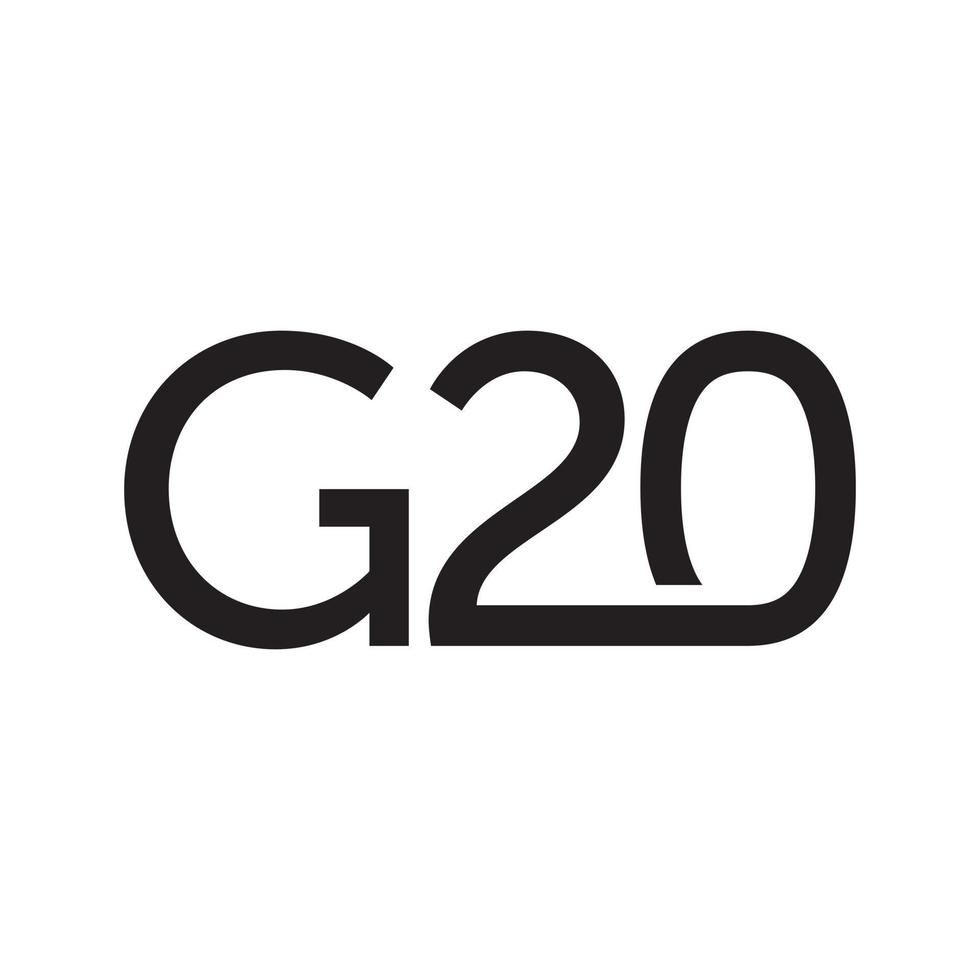
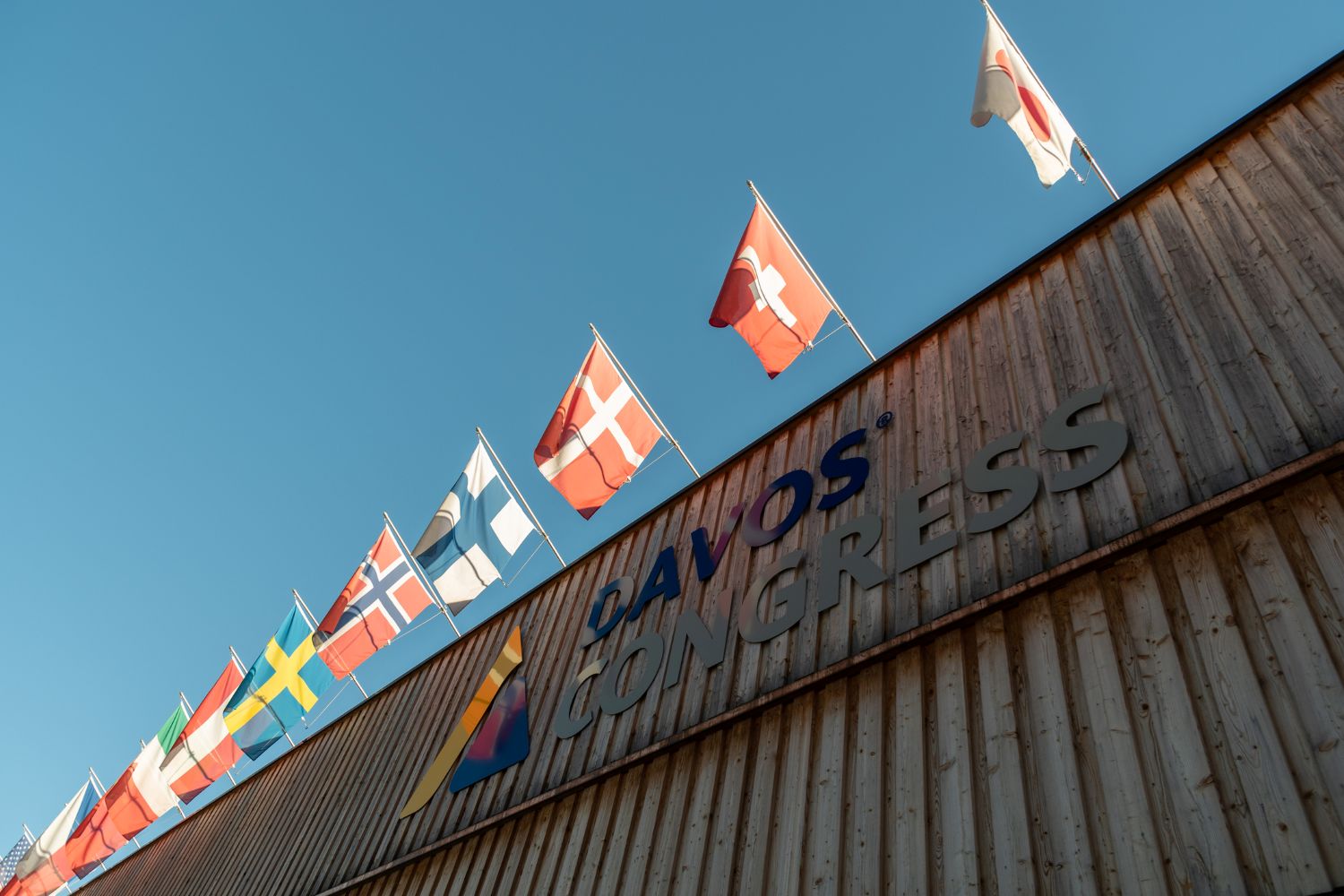


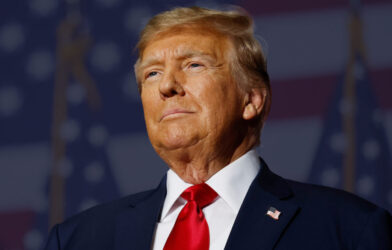
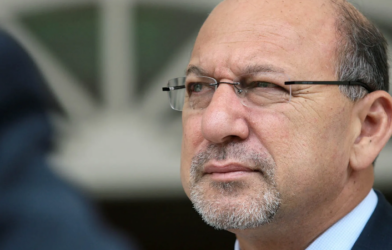
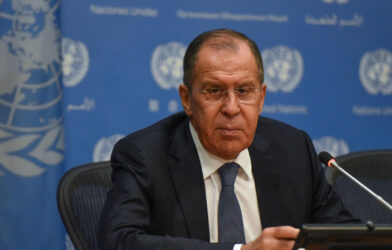

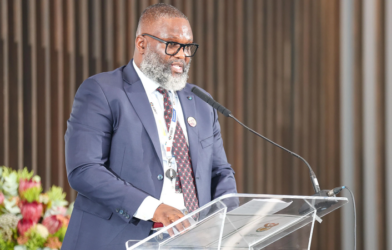

Comments are closed